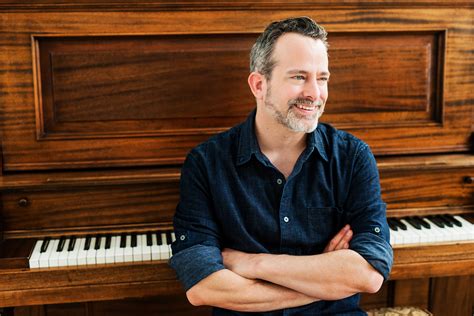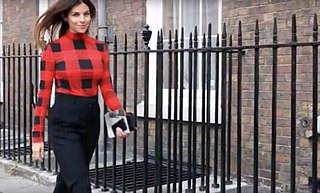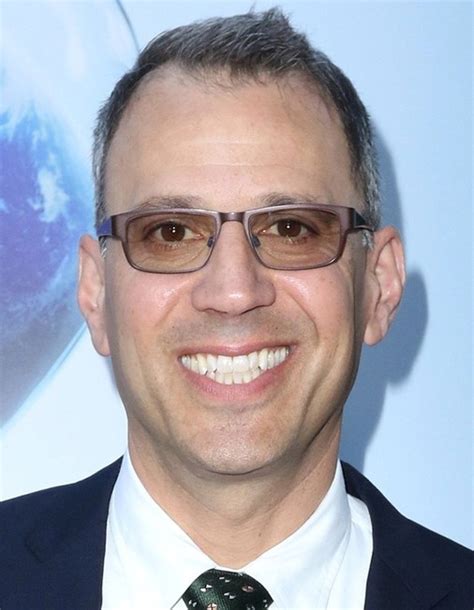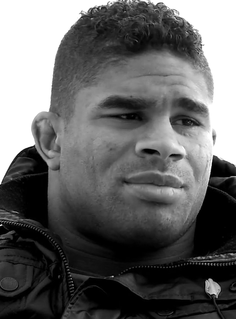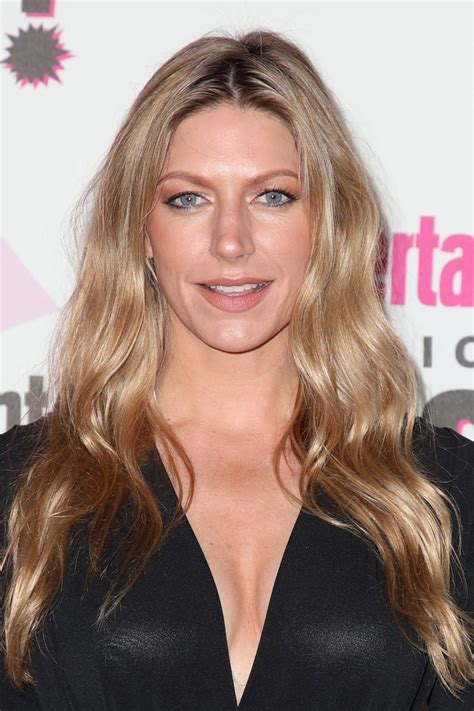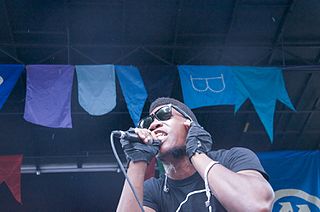A Quote by Emma Healey
Writing is the thing that pervades my whole day - I'm always wondering how I might describe something or improve my understanding. I'm constantly trying to remember an eavesdropped conversation or an idea for a story.
Related Quotes
It doesn't matter how far you might rise. At some point you are bound to stumble because if you’re constantly doing what we do, raising the bar. If you're constantly pushing yourself higher, higher the law of averages not to mention the Myth of Icarus predicts that you will at some point fall. And when you do I want you to know this, remember this: there is no such thing as failure. Failure is just life trying to move us in another direction.
I could draw ideas. I remember writing a paper for a seminar class. I remember writing a paper about - and this is going to sound really sort of pretentious, but that's where my mind was at the time - how acting and the performing artist can really be like a Bodhisattva, how they can communicate ultimately an idea in a way that can move and shift things. And that was wonderful. I didn't know many classes where I could try and relate the thing that I really loved and wanted to do into an intellectual idea, and that happened to be one of them.
You might have, as a character, 30 pages of dialogue a day if you're what they call a 'front-burner story.' So you go home, you learn your lines for the next day, you get up, you're there at 7 in the morning, you do a quick rehearsal, you're on camera, you might leave, you know, at 7 at night and start the whole thing over again.
The difference when I'm writing a story versus writing a joke is that writing a joke is so much more about the structure and it's less about the conversation. To me, the thing that I love about stand-up is the intimacy between performer and audience.To get it even more conversational was something that really appealed to me and that I really enjoyed doing. My early experiments with it, with just telling a story from my life on stage, it was so satisfying to do. And seemingly for the audience as well. It's a different thing, and it's a different feeling and a different vibe.
Perhaps if there is anything remotely interesting about my writing style, it is this: more often than not I have no idea what the story is going to be about. Sometimes I have a fuzzy vision, or a glimpse of one scene, or a character. But mostly all I have is a random first sentence, and I follow it to see where it might go. For me, writing is the process of discovery, of gradually figuring out what happens in the story and how it ends, that makes writing an interesting process for me.
The one thing about kids is that you never really know exactly what they're thinking or how they're seeing. After writing about kids, which is a little bit like putting the experience under a magnifying glass, you realize you have no idea how you thought as a kid. I've come to the conclusion that most of the things that we remember about our childhood are lies. We all have memories that stand out from when we were kids, but they're really just snapshots. You can't remember how you reacted because your whole head is different when you stand aside.
In the thousands of stories I've collected over the years there are people who just want to know that their story matters, that their story isn't beyond hope. And people, no matter how broken a story I might read, I have always found at least a glimpse of God's hand still at work in each and every story. I have been powerfully reminded that God is in the junkyard business. He willingly walks into the messiest parts of our lives, gets his hands dirty, and begins building something beautiful out of that very thing which the world might overlook as worthless.
I didn't just wake up one day understanding how to take care of myself. I had to learn how to do so over time, and I continue to learn - each and every day. This is a process, and my body is constantly changing. So is yours. And when I learned how to accept that I will always be like this, I relaxed. Our bodies do not stand still for time.

